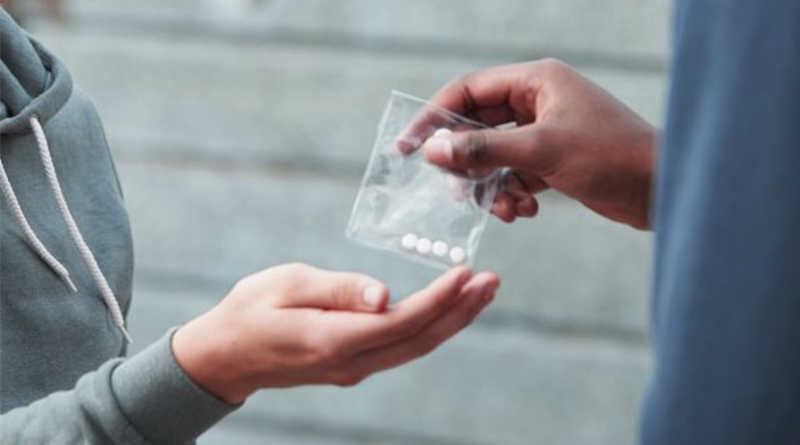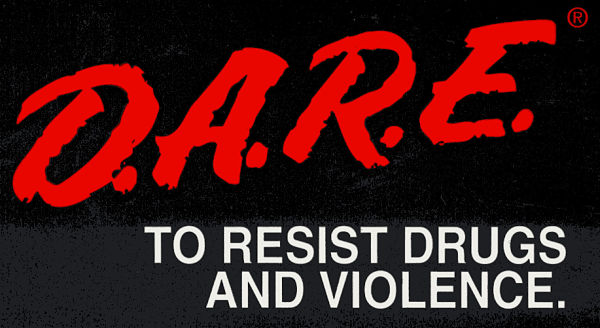Education: The key to drug use prevention
By: Diana Bello Aristizábal
In recent years, there has been a resurgence of concern around drug use in adolescence due to, among other things, the increased availability of synthetic drugs and the popularity of vaping. Now that a new school year has begun, it is the best time to put this issue back on the table with the purpose of bringing parents and teachers together to prevent this scourge.
In the first place, although everything has been said about drugs over the years, many young people of school age and their families even today don’t know the true dangers of their consumption or how to avoid this problem.
 Proof of the lack of awareness was provided by the 2021 World Drug Report of the United Nations Office on Drugs and Crime (UNODC), according to which the percentage of adolescents who perceive marijuana as harmful it was reduced by 40 percent in the United States.
Proof of the lack of awareness was provided by the 2021 World Drug Report of the United Nations Office on Drugs and Crime (UNODC), according to which the percentage of adolescents who perceive marijuana as harmful it was reduced by 40 percent in the United States.
This drug is the most used by minors, being consumed primarily through vaping devices, according to the National Institute of Drug Abuse in Adolescents, followed by prescription drugs such as stimulants, opioid pain relievers, sedatives, and muscle relaxants.
But, what factors affect drug use in the youth population? According to Christina Balinotti, a doctor in psychology and an expert in family issues, the use of illicit substances is increasing because today young people don’t feel integrated into the first fundamental cell that is the family, largely due to excessive use of electronic devices.
“There is little communication between parents and children and this provokes in children a need to search for affection and an escape route that they find in drugs,” she says.
A teamwork between school and home
Preventing drug use in the school population is a shared task between parents and teachers, although, many times, the problem begins in the classroom, because friends and social pressures stem from it.
“Schools have the responsibility to convene monthly meetings with parents in which there is mutual feedback on what is happening with children both at home and at school in the social and emotional fields. Parents, for their part, should encourage open communication with teachers,” says Balinotti.
However, the first thing parents should work on is improving communication with their children. This translates into creating spaces for dialogue at home without digital distractions. For example, during family meals, adults can inquire about what is happening at school, validating their emotions, maintaining an active listening, and avoiding making value judgments.
If open and fluid communication as well as secure attachment are cultivated from an early age, children will be emotionally content, and it will be easier for them to turn to their caregivers when a problem arises.
“Teachers can do everything in their power to prevent them from falling into drugs just like the police, but the most important work is done at home. Parents have to understand that they are not their children’s friends and set very clear rules in the household. If they learn to follow them, they will also obey rules at the school, street, state, and government levels,” says Officer Ten of the Doral Police.
 With the purpose of offering an educational tool to parents and teachers, both Officer Ten and Officer Feliciano, both belonging to the Neighborhood Resource Unit of the Doral Police, are in charge of the DARE program aimed at fifth-grade students from charter and private schools in Doral in which topics such as bullying, social pressure and the use of narcotics are addressed.
With the purpose of offering an educational tool to parents and teachers, both Officer Ten and Officer Feliciano, both belonging to the Neighborhood Resource Unit of the Doral Police, are in charge of the DARE program aimed at fifth-grade students from charter and private schools in Doral in which topics such as bullying, social pressure and the use of narcotics are addressed.
This is a 10-week program for each fifth-grade classroom with an intensity of 1 hour per week. In each session, students can ask any question around the topic, while the officials provide them with important information.
“Regarding drugs, we talk about what’s on the market and the effects of substance abuse so they can make more informed decisions. For example, we explain to them how vaping can damage lungs,” says Officer Feliciano.
At the end of the ten weeks, all students receive a graduation certificate at a ceremony in which they pledge not to use drugs or engage in other behaviors harmful to themselves. According to officials, this initiative, which began in 2008, has been vital in preventing drug use in the Doral community, which is on the right track in this regard.
But it is essential not to lower our guard and report to authorities when cases are observed. “Sometimes people say things are happening but they don’t make a report. However, we are here to educate and inform the community, and if there isn’t a report, we can’t do much.”
While a date is set for this year’s version of the DARE program, the invitation for parents is that, in addition to the aforementioned recommendations, they exercise their role without fear, even if that means checking backpacks, cell phones, and rooms. “We always tell them that minors while living at home have no expectation of privacy. Their protection comes first,” the officers conclude.


Pingback: Education: The key to drug use prevention & More News Headlines - The News